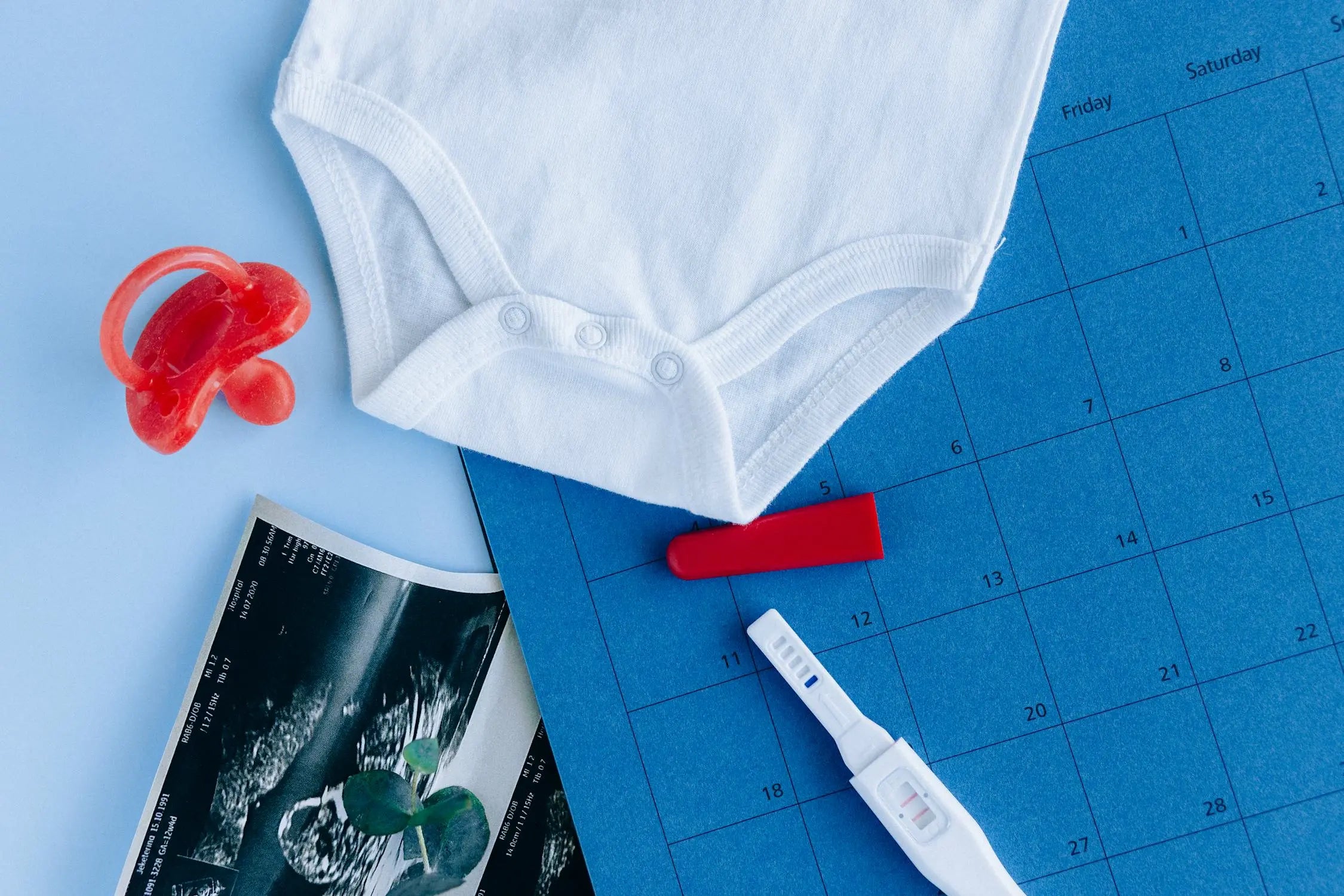Inicio
Pregnancy, Breastfeeding, and Pumping: The Ultimate Guide for Moms
Can Menopause Give You a Positive Pregnancy Test? Exploring the Possibility

Can Menopause Give You a Positive Pregnancy Test? Exploring the Possibility
Menopause is a natural phase in a woman's life, marking the end of her reproductive years. However, what happens when a woman in menopause takes a pregnancy test and gets a positive result? Can menopause give you a positive pregnancy test? This question has puzzled many, and the answer lies in understanding the biological processes involved in both menopause and pregnancy testing.
Understanding Menopause and Hormonal Changes
Menopause typically occurs between the ages of 45 and 55, signaling the end of menstruation and fertility. During this time, the ovaries stop releasing eggs, and hormone levels, particularly estrogen and progesterone, decline significantly. These hormonal changes lead to symptoms like hot flashes, mood swings, and irregular periods before they stop altogether.
However, the transition to menopause, known as perimenopause, can be unpredictable. Hormone levels fluctuate, and some women may still experience occasional periods or hormonal surges. These fluctuations can sometimes cause confusion, especially when it comes to pregnancy testing.
How Pregnancy Tests Work
Pregnancy tests detect the presence of human chorionic gonadotropin (hCG), a hormone produced by the placenta after a fertilized egg attaches to the uterine lining. Most home pregnancy tests are designed to detect hCG in urine, with some being more sensitive than others. A positive result typically indicates pregnancy, but there are exceptions.
In rare cases, factors other than pregnancy can cause elevated hCG levels, leading to a false-positive result. These factors include certain medical conditions, medications, or even errors in testing. But can menopause be one of these factors?
Can Menopause Cause a Positive Pregnancy Test?
While menopause itself does not directly cause a positive pregnancy test, the hormonal changes associated with it can sometimes lead to misleading results. During perimenopause, hormone levels can fluctuate unpredictably, and in some cases, these fluctuations may trigger a false-positive result on a pregnancy test.
Additionally, certain medical conditions more common in menopausal women, such as ovarian cysts or tumors, can produce hCG and result in a positive test. It's also worth noting that some medications used to treat menopause symptoms or other conditions may interfere with pregnancy test results.
What to Do If You Get a Positive Pregnancy Test During Menopause
If you're in menopause or perimenopause and receive a positive pregnancy test, it's essential to consult a healthcare professional. They can perform a blood test to measure hCG levels more accurately and rule out pregnancy or other underlying conditions. An ultrasound may also be recommended to check for abnormalities in the ovaries or uterus.
While the likelihood of pregnancy during menopause is extremely low, it's not entirely impossible, especially in the early stages of perimenopause. However, a positive test is more likely to indicate another issue that requires medical attention.
Other Possible Causes of False-Positive Pregnancy Tests
Beyond menopause, several other factors can lead to a false-positive pregnancy test. These include:
- Certain medications, such as those containing hCG or fertility treatments
- Medical conditions like molar pregnancies or trophoblastic diseases
- Errors in using the pregnancy test, such as reading the result too late or using an expired test
Understanding these possibilities can help you interpret your results more accurately and seek appropriate medical advice.
The Emotional Impact of a Positive Pregnancy Test During Menopause
Receiving a positive pregnancy test during menopause can be emotionally challenging. For some women, it may bring hope or excitement, while for others, it may cause anxiety or confusion. It's important to approach the situation with care and seek support from loved ones or a counselor if needed.
Remember that a positive result does not necessarily mean you are pregnant. It's a signal to investigate further and ensure your health and well-being are prioritized.
Preventing Confusion: Tips for Menopausal Women
If you're in menopause or perimenopause and concerned about the possibility of a false-positive pregnancy test, consider the following tips:
- Use a high-quality pregnancy test with clear instructions
- Take the test at the right time, following the manufacturer's guidelines
- Consult your doctor if you experience unusual symptoms or have concerns about your hormonal health
By staying informed and proactive, you can navigate this phase of life with greater confidence and clarity.
So, can menopause give you a positive pregnancy test? While it's not a direct cause, the hormonal changes and medical conditions associated with menopause can sometimes lead to misleading results. If you find yourself in this situation, don't panic—seek professional guidance to uncover the truth and take the next steps toward your health and peace of mind.
Compartir
